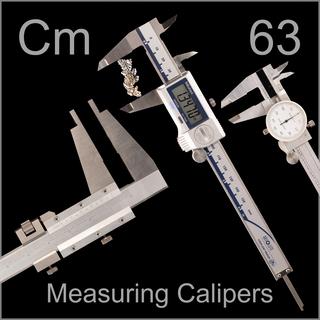 |
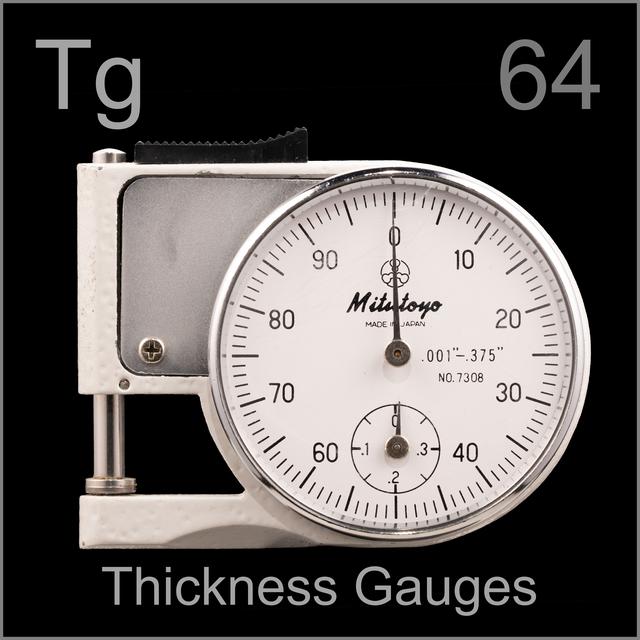
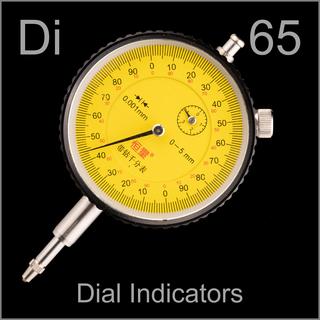 |
Leave a comment below! Or click on an individual tool to see more or leave a comment about that tool. |
|
 |
|
 |
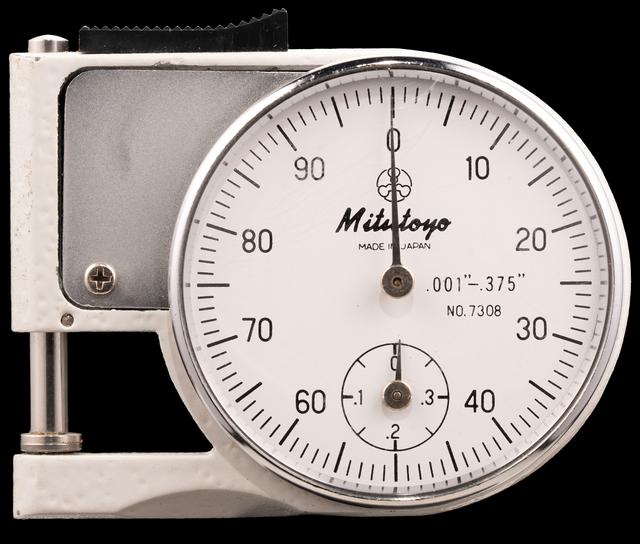 |
| I got this fine old thickness gauge at an antique store. It claims to be accurate to 1/1000”, and I’ve confirmed that it is, despite most likely not having been calibrated for decades. It has a spring that closes, rather than opens the jaws, contributing to accuracy. |
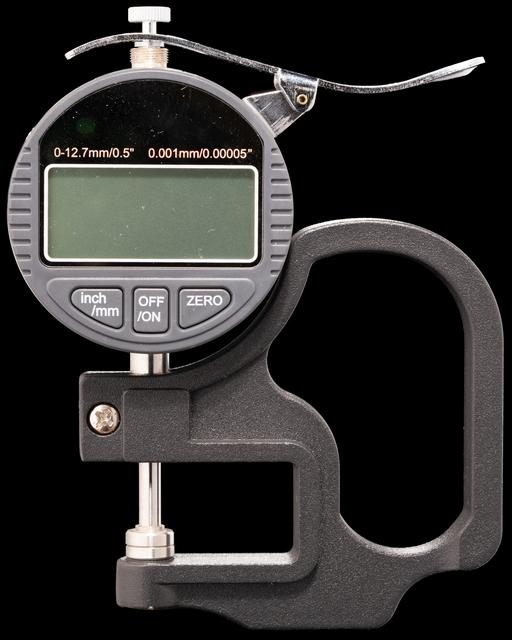 |
| This thickness gauge claims an accuracy of 1/20,000” or 1/1000mm, ten times better than any of the others. This is not an unreasonable claim given its quality of construction. Notice that it has a closing spring, for consistent measuring pressure. |
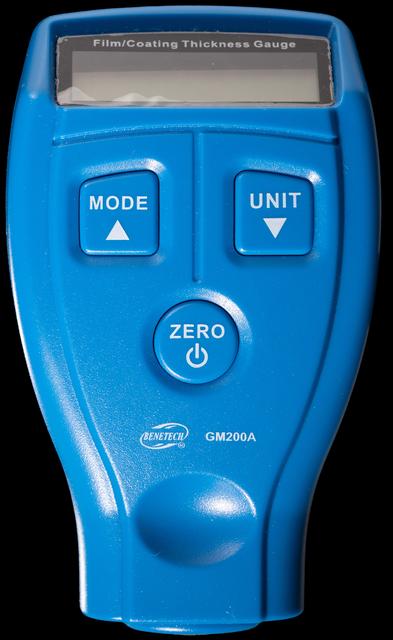 |
| This eddy current thickness gauge measures the thickness of paint with no moving parts. |
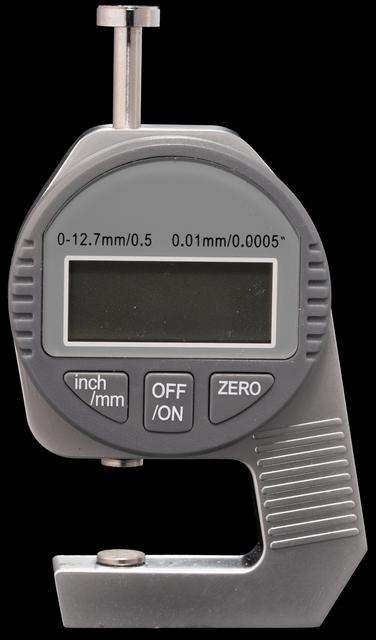 |
| Of course thickness gauges also come in digital varieties, using the same sensing technology as digital calipers. |
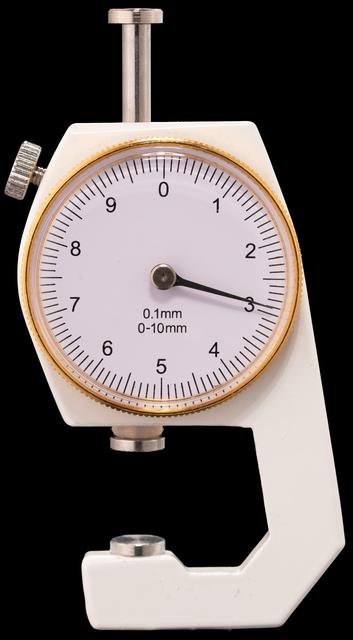 |
| This thickness gauge is sturdy and well-made. |
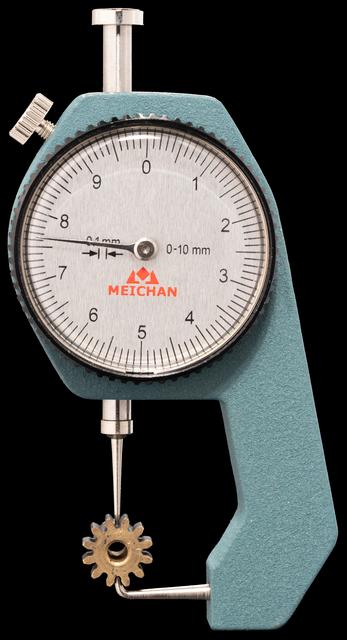 |
| Most thickness gauges have round, flat surfaces on their jaws, but this nice-quality example has sharp points. That allows it to, for example, measure the thickness of material left between the bottom of a hole and the other side of the piece. |
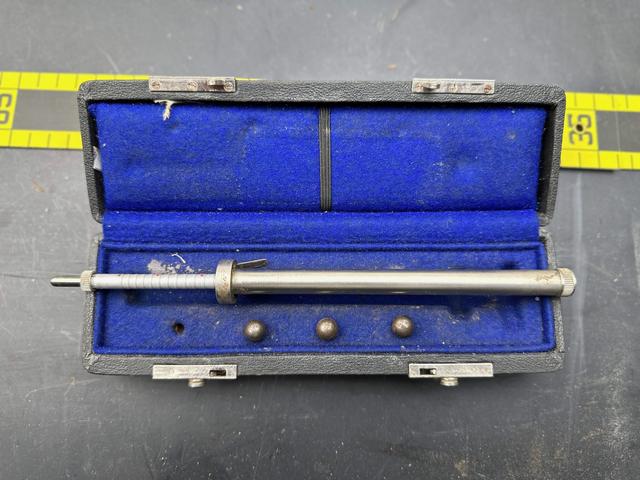 |
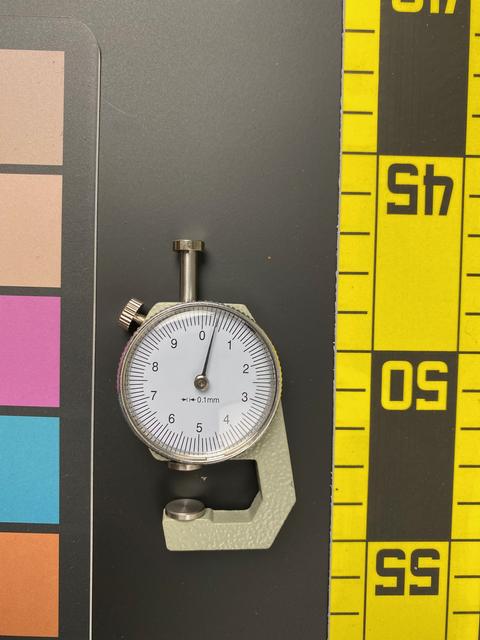 |
| Thickness Gauge |
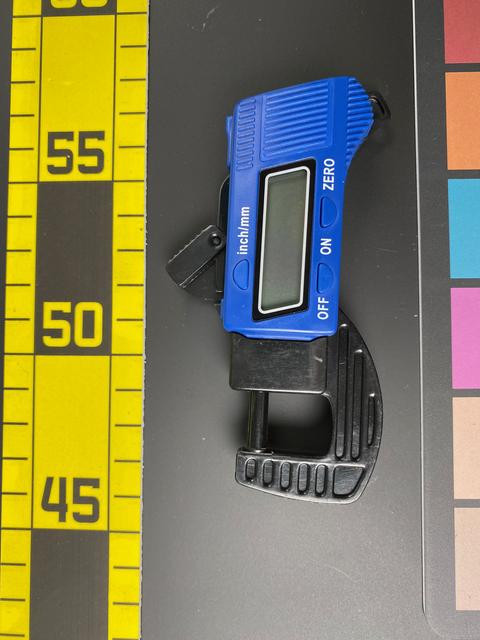 |
| This gauge is so sloppily made it can’t achieve any reasonable degree of accuracy. Buyer beware, just because a design allows for high accuracy doesn’t mean a particular tool achieves it! |
Do you have a better example of this kind of tool? Let me know by leaving a comment, and include a picture of it if you can so everyone can see!